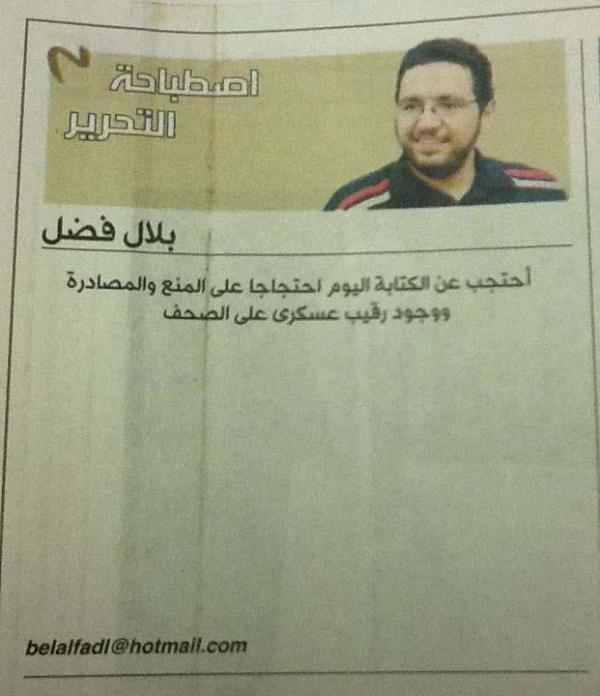7 Oct 2011 | Index Index, minipost
Increasingly strict media regulations are being applied to dating shows in China. Shows such as “If you are the one,” which have been highly successful in the country, are being subjected to regulations from the State Administration of Radio Film and Television (SARFT). The administration has recently banned “fake participants” who seek publicity, “morally provocative” hosts, and sexual references in all entertainment shows. Some fans have said that the new restrictions have made the shows less entertaining.
7 Oct 2011 | Index Index, minipost
An initially banned horror film has been given an “18” rating, after a number of cuts. Human Centipede 2 was originally banned in the UK for posing a “real risk of harm,” in June, but after 32 cuts, the British Board of Film Classification (BBFC) granted it certification ahead of its DVD release. BBFC president Sir Quentin Thomas said that the sequel, in which a disturbed loner conducts bizarre human experiments, would still be difficult for viewers to watch, but said that the cuts “address all of the concerns raised when the board refused a classification.”
7 Oct 2011 | Digital Freedom, Index Index, minipost
A draft law has been published by the Slovakian Ministry of Finance which could result in the blocking of some web servers. The bill would mean that web servers that provide online gambling without a license would be put on a list, which would be updated twice a month, and blocked by internet providers. Critics have warned that under this law, Facebook would also be blocked completely, due to the availability of online roulette and and poker games. An online petition created by Society for Open Information Technologies (SOIT) has been signed by thousands of citizens.
6 Oct 2011 | Egypt, Middle East and North Africa
 Several Egyptian writers and journalists published blank columns in the country’s newspapers, in protest against the “military interference” of the press.
Several Egyptian writers and journalists published blank columns in the country’s newspapers, in protest against the “military interference” of the press.
A number of independent writers, including Belal Fadl, Naglaa Bedir and Tarek El-Shenawy, wrote only a uniform note in their regular columns: “I did not write today in protest against censorship, confiscation of newspapers and the presence of military censors on papers.”
Other opinion columnists from the daily El-Youm El-Sabee newspaper — Abdel Rahman Youssef, Akram El-Kasas, Saied El-Shahat and Alaa El-Shafei — followed the lead of the lead, also leaving their columns blank.
The “blank columns” campaign follows a range of recent attacks on the press from authorities. Recently, there have been two raids on the Al Jazeera offices within a month, editions of two newspapers have been seized and destroyed, features have been blocked, and official warnings have been sent to Egyptian satellite TV channels regarding the content of political programmes.
Some writers, including Amr Hamzawy from newspaper Shorouk, wanted to join the campaign, but were prevented from doing so by their editors.
“I wanted to leave my column blank today but I couldn’t, so, instead, I am writing an opinion piece under the name of ‘Whitening the Column’ about the campaign,” Hamzawy told Ahram Online.
It is believed that the government is planning a further clampdown on the media ahead of parliamentary polls next month.

 Several Egyptian writers and journalists published
Several Egyptian writers and journalists published